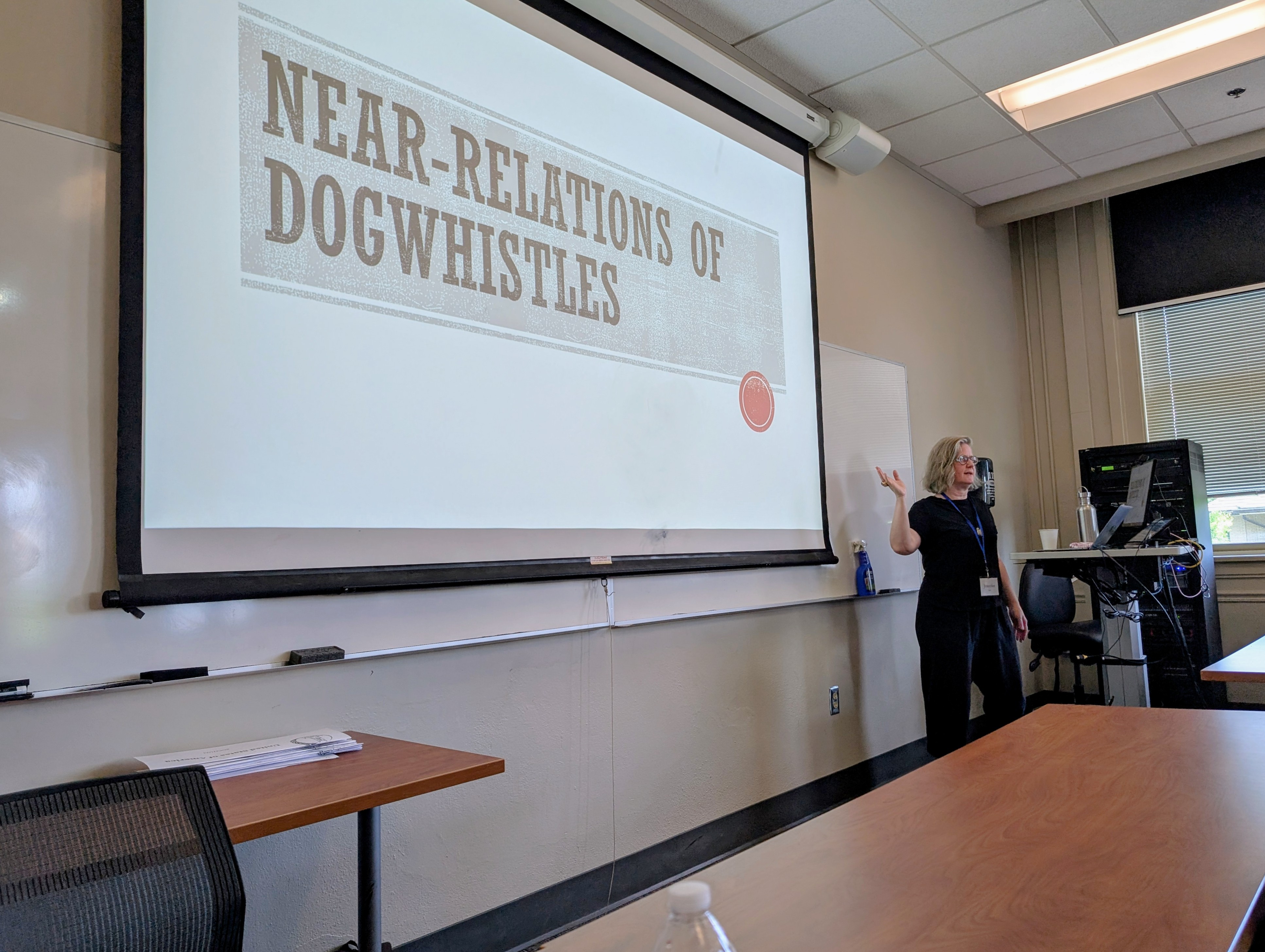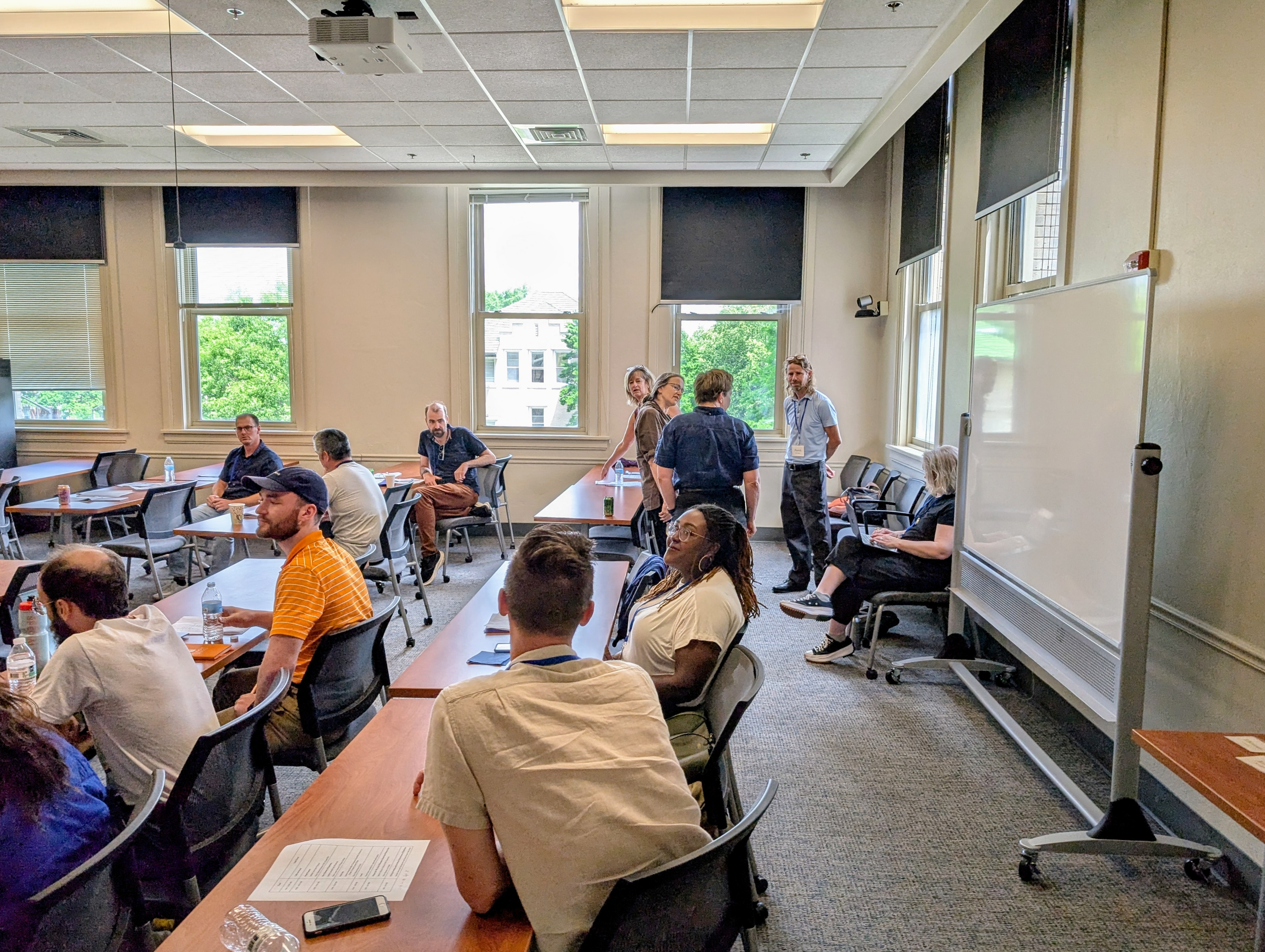Duke Social Philosophy Conference


We recently had a successful social philosophy conference at Duke. The conference was about social philosophy, broadly construed. Social philosophy includes, but is not limited to:
- Social Ontology
- Social Philosophy of Language
- Social Epistemology
- Non-Ideal Political Theory
- Critical Theory
- Feminist Philosophy
- Philosophy of Gender, Race, Sexuality, and Disability
- Philosophy of Social Science
The conference featured several short talks across two days. Speakers and panelists included:
- Shannon Sullivan (Charlotte)
- Adam Hochman (Macquarie)
- Jonathan Tsou (Dallas)
- Anni Raty (Vienna)
- Sean Aas (Georgetown)
- Jennifer Saul (Waterloo)
- Dana Howard (Ohio State)
- Ryan Johnson (Elon)
On the last session of the conference, I chaired a panel on the state of social philosophy. One recurring theme was the struggle for legitimacy and respectability of social philosophy within the larger discipline of academic philosophy. Despite the apparent enthusiasm for social philosophy, it can still be difficult to get hired, published, or promoted for doing this kind of work. And this was true prior to the current political climate, which only makes things worse.
At the same time as there was a concern about the state of the profession, there also seemed to be no real sense of how social philosophers ought to move forward, collectively. There are social philosophy associations, like the North American Society for Social Philosophy, and there are similar groups dedicated to feminist philosophy and philosophy of race. But I’m not sure to what extent these groups make contact with one another. And to the extent that they do make contact with one another, it is unclear what a joint project would look like.
I’m particularly concerned about institutions and training. One complaint often made about contemporary social philosophers is that they do not read enough of the literature. The problem is that there is little institutional support for reading the relevant literature. Students and newcomers don’t know what to read, how to read, and why they should be reading. I’m convinced that the epistemic conditions will not substantially improve until some institutionalization takes place.
Oh well. One step at a time. It was a good conference, and that’s a start.